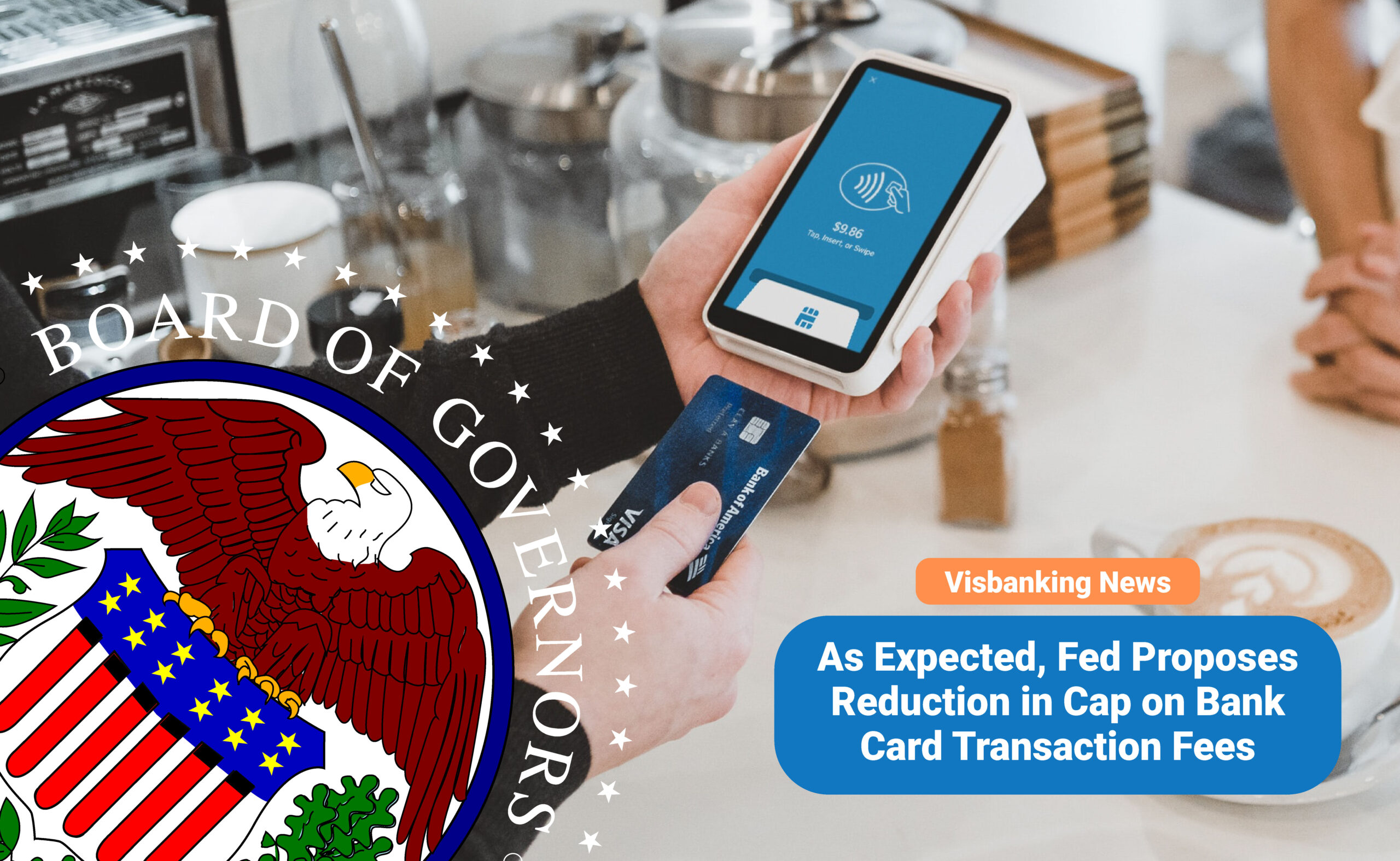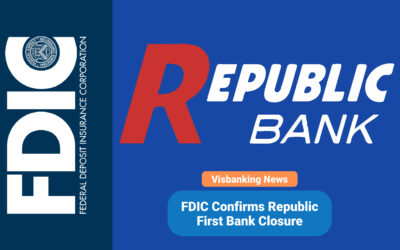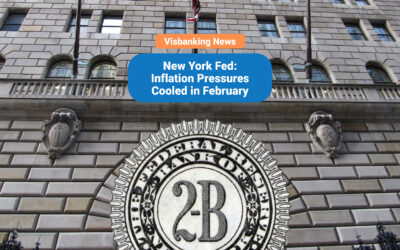The Federal Reserve surprised almost no one on Wednesday, as they proposed a reduction in the cap for bank card transaction fees. The proposal is likely to face resistance from large banks and credit card companies. However, major retailer groups have been advocating for the change for many years.
The proposed cut to bank card transaction fees
Currently, the Fed cap on those fees is $0.21 plus an amount equal to 0.05% of the transaction’s value. That cap has been in place since the Fed established it in 2011, as authorized by the 2010 Dodd-Frank legislation. An amendment to that law called on the Fed to create a cap that reflected a “reasonable and proportional” cost.
The law empowered the Fed to lower the cap limit as processing costs declined. Notably, 12 years have passed without any reduction in the cap, even as transection processing costs have continued to go down. In fact, the current fee is estimated to be more than five times the actual cost of these transactions.
In its proposal, the Fed is arguing for lowering the cap to $0.144, plus 0.04% of the transaction value. According to recent estimates, that would reduce the average transaction swipe fee cost from $0.245 to $0.177.
Objections to the proposal
According to reports, Federal Reserve governor Michelle Bowman opposed the new proposal. She argued that the move would harm consumers:
“While the proposal suggests that it could result in benefits to consumers, I am concerned that the costs for consumers — through the form of increased costs for banking products and services — will be real, while the benefits to consumers — such as lower prices at merchants — may not be realized.”
Meanwhile, various bank trade groups have also expressed concern about any reduction in bank card transaction fees. Several have argued that the Fed’s presented proposal is based on analysis that the public has not yet been allowed to see. Trade groups have also signaled that they will move to challenge the proposal in court.




